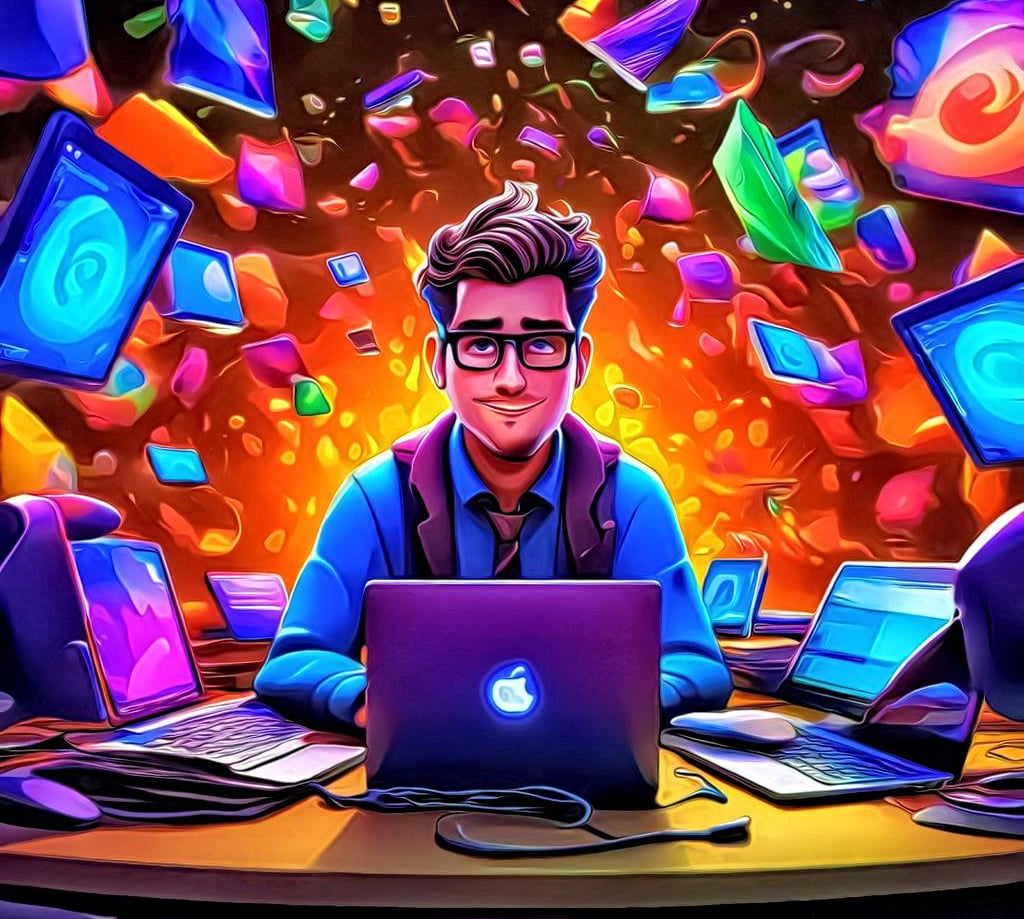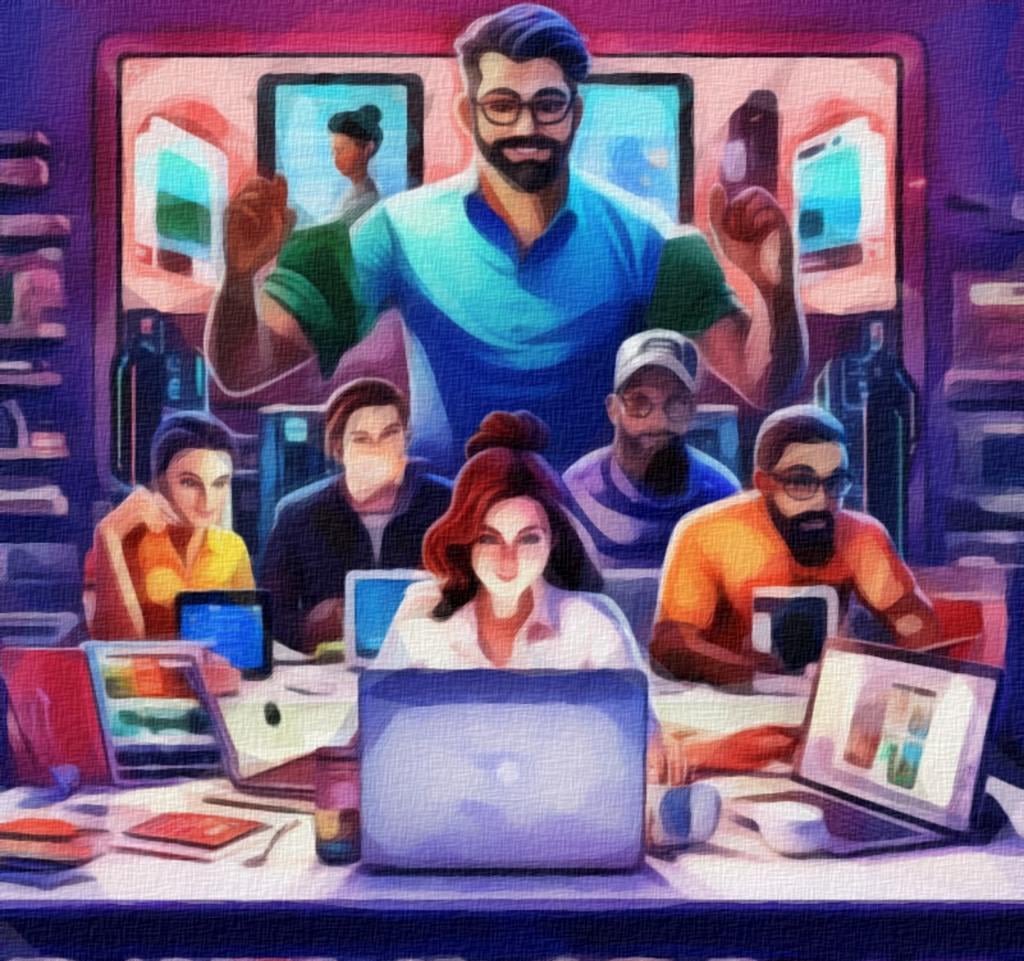Conversational AI: A Deep Dive into ChatGPT and Beyond
Conversational AI: A Deep Dive into ChatGPT and Beyond
Blog Article

The realm of artificial intelligence continues to transform at an unprecedented pace. Conversational AI, a subset of this dynamic field, is particularly captivating due to its ability to mimic human-like conversations. At the forefront of this revolution stands ChatGPT, a powerful language model developed by OpenAI. This cutting-edge AI tool has captured the imagination of developers and people alike with its impressive ability to understand and generate human language with unexpected accuracy.
- ChatGPT's
- features
- reach
Beyond ChatGPT, a vibrant ecosystem of conversational AI technologies is taking shape. From virtual aides to chatbots designed for customer service and education, these advancements are transforming the way we communicate with technology.
ChatGPT vs. vs. The World: Exploring AI Chatbot Capabilities
The realm of artificial intelligence continues to reshape the way we interact with technology. Amongst of this transformation is ChatGPT, a powerful language model developed by OpenAI. Its ability to generate human-like text has captured widespread attention and sparked a debate about the future of AI chatbots. However, ChatGPT is not alone in the field.
A diverse ecosystem of AI chatbots continuously develops to rival ChatGPT's dominance. These alternatives provide distinct features and capabilities, covering from specialized fields to refined conversational tones. The competition between ChatGPT and the rest of the AI chatbot world is intensifying, promising a future where AI-powered conversations become even further sophisticated.
- Analyzing user intent with fidelity
- Producing creative and compelling text
- Customizing responses to specific users
- Connecting with other applications
Exploring the Power of Generative AI: ChatGPT's Impact on Communication
Generative AI technologies, especially large language models like ChatGPT, are altering the landscape of communication. ChatGPT's skill to generate human-like text in a engaging manner has opened up a plethora of applications across diverse fields. From automating customer service interactions to augmenting creative writing processes, ChatGPT is quickly becoming an invaluable tool for individuals and organizations alike.
One benefit of ChatGPT lies in its ability to tailor communication experiences. By interpreting user input, ChatGPT can generate replies that are pertinent to the individual's needs and context. This extent of personalization can build stronger connections and improve overall satisfaction.
Another noteworthy impact of ChatGPT is its ability to democratize communication. By providing a user-friendly interface, ChatGPT eliminates the technical barriers that commonly hinder individuals from expressing themselves effectively. Thiscan be particularly beneficial for people with disabilities who may struggle with traditional communication methods.
With the continued development and refinement of generative AI technologies like ChatGPT, we can expect even more transformative changes in the way we interact.

The Rise of AI Assistants: How ChatGPT is Shaping Our Interactions
AI assistants are revolutionizing the way we interact with technology. ChatGPT, a leading example in this field, has demonstrated its ability to generate human-like text, making it a powerful tool for a wide range of applications. From customer service to education, ChatGPT is altering how we work.
Its sophisticated natural language processing capabilities allow it to understand user requests and offer relevant and informative responses. This has led to increased effectiveness in various sectors, social pilot freeing up human resources for more innovative tasks.
However, the rise of AI assistants also highlights ethical considerations that need to be carefully addressed. It's crucial to ensure responsible development and deployment of these technologies to mitigate potential biases and protect user privacy.
Despite these challenges, ChatGPT's impact on our interactions is undeniable. As AI technology continues to advance, we can expect even more revolutionary applications that will further define the way we communicate with the world around us.
Introducing ChatGPT: Your New Text-Generation Powerhouse
In the rapidly evolving world of artificial intelligence, chatbots are becoming increasingly sophisticated. Among these, ChatGPT stands out as a groundbreaking tool capable of generating human-quality text across a wide range of applications. This versatile platform can be your personal AI companion for tasks such as writing articles, summarizing documents, translating languages, and much more.
Powered by the latest advancements in deep learning, ChatGPT processes your input and generates coherent and contextually relevant responses. Its vast knowledge base and skill to learn from massive datasets allow it to produce unique content that meets your specific needs.
For instance you're a student needing help with writing assignments, a professional searching to streamline your workflow, or simply curious to explore the potential of AI, ChatGPT is an invaluable resource.
- Discover the power of AI-generated text.
- Boost your writing productivity and creativity.
- Leverage a versatile tool for various applications.
AI Chat's Moral Landscape: A Path Forward
As AI chat technology rapidly evolves, it presents a myriad of ethical considerations that demand careful scrutiny. Researchers must endeavor to design AI systems that are not only sophisticated but also moral. Key challenges include discrimination in training data, the possibility of exploitation, and the effect on interpersonal relations. It is crucial to define clear ethical standards for the development and deployment of AI chat to guarantee a future where this technology benefits society in a significant way.
- Transparency in AI decision-making processes is paramount to cultivating trust and understanding.
- Privacy concerns must be considered rigorously to safeguard sensitive information.
- Dialogue between AI researchers, ethicists, policymakers, and the public is essential for influencing the ethical trajectory of AI chat technology.